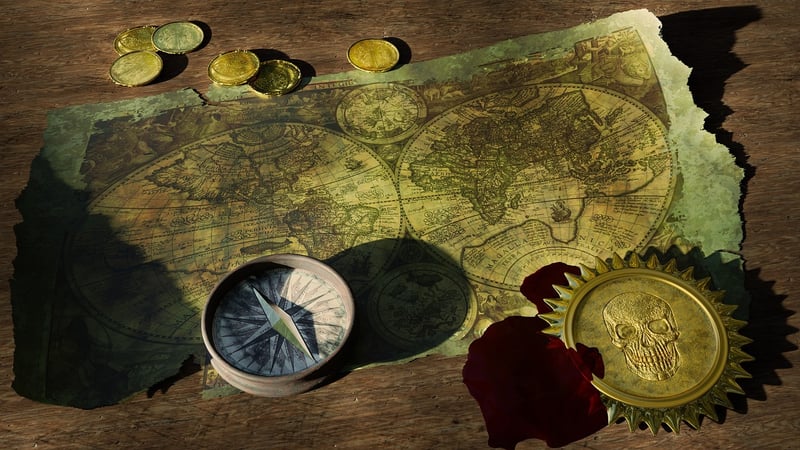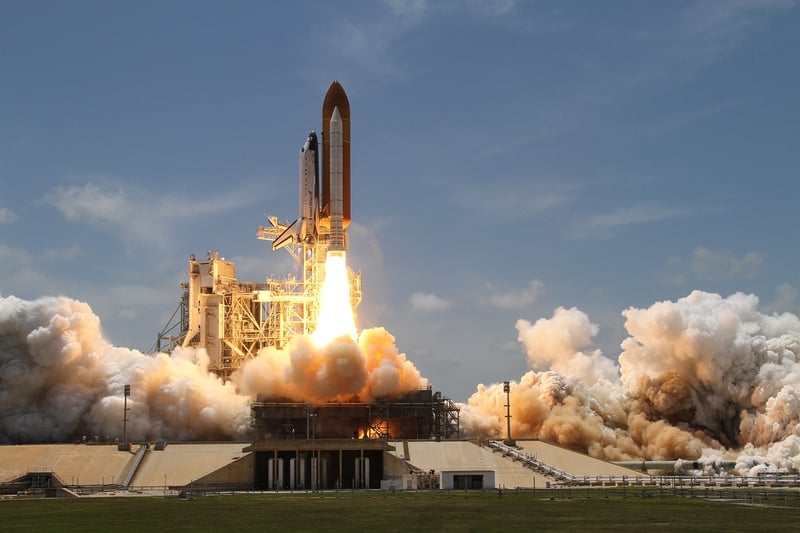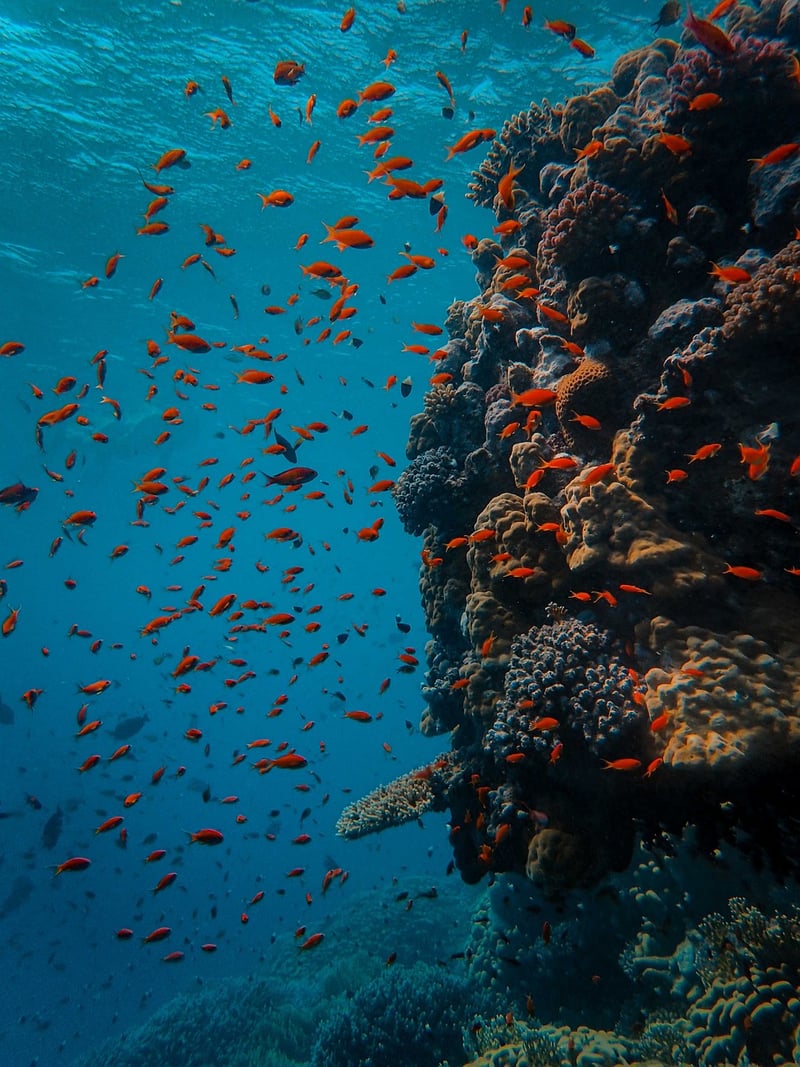Future Exploration
Exploring Different Eras and Future Exploration
Introduction
Welcome to a journey through time and space as we delve into the exploration of different eras and look towards the future of exploration. From ancient civilizations to modern technological advancements, humanity's quest for discovery has shaped our understanding of the world around us. Let's explore the past, present, and future of exploration together.
Ancient Eras
Our journey begins with the ancient eras when early civilizations embarked on voyages of discovery. From the seafaring expeditions of the Phoenicians to the Silk Road trade routes of the Han Dynasty, ancient explorers laid the foundation for future generations to follow.

Age of Discovery
The Age of Discovery in the 15th to 17th centuries marked a significant period of exploration. Explorers like Christopher Columbus, Vasco da Gama, and Ferdinand Magellan set sail to discover new lands, leading to the establishment of global trade routes and the exchange of cultures.

Space Exploration
With the dawn of the space age in the 20th century, humanity's exploration extended beyond Earth. Milestones such as the Moon landing, space stations, and interplanetary missions have expanded our knowledge of the universe and inspired future generations to reach for the stars.

Future Exploration
As we look towards the future, the possibilities for exploration are limitless. Advancements in robotics, artificial intelligence, and space technology are paving the way for missions to Mars, asteroid mining, and the search for extraterrestrial life.
Exploring the Oceans
Exploration isn't limited to space; there is still much to discover beneath the ocean's surface. Deep-sea exploration vehicles and underwater research stations are unlocking the mysteries of the deep sea, revealing new species and underwater ecosystems.

Sustainable Exploration
As we venture into new frontiers, it is essential to prioritize sustainable exploration practices. From reducing space debris to protecting fragile ecosystems on Earth, sustainable exploration ensures that future generations can continue to explore and learn from our discoveries.
Conclusion
Exploration is a fundamental aspect of human nature, driving us to push the boundaries of what is possible and expand our understanding of the world. By exploring different eras and embracing future exploration, we continue to unlock the mysteries of the universe and chart a course towards a brighter future.
